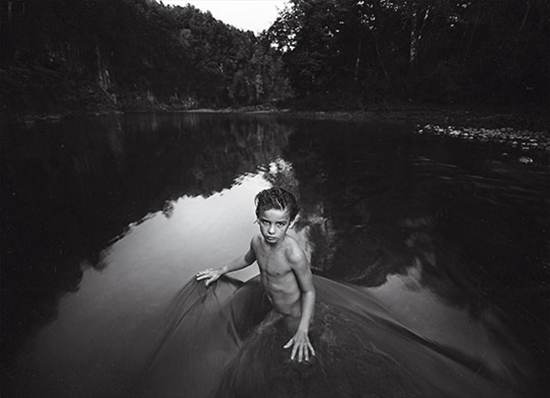PKR
Veteran
...indeed😉.
And I just ordered a copy, "used like new" after checking out his website and images.
Looking forward to reading it.
I'm sure you know about "pre-visualization" as it might apply to the Zone System and placing Zone values in an exposure / processing scheme? But, the real pre-visualization, to my mind, is in taking a large three dimensional space and being able to translate it, in your noodle, into a small two dimensional space.
Polaroids were used for this before the LCD screen in a camera became an aid. But, the process of being able to do it in your head is a giant step in the process of seeing. When you get it down, you can often evaluate a scene or subject for it's photographic potential quickly. Over time, you will find consistencies in your choices. This is realizing what you really like visually. Sometimes it's pretty surprising. Looking at a lot of art (paintings) helped me figure a few things out. For instance, I find I'm attracted to low horizon lines in subjects. If I'm traveling to a place that has that geo feature, I get excited about going. I actually imagine things I might see featuring a low, open view horizon. Oceans and lakes often have these these features mixed with other stuff I like.
A young, very talented, photographer who is the son of a close friend, is getting his visual thing together. He's out of college and already has a number of good commercial projects completed... enough to pay the rent for a while, while he looks for more work. His photographic style is kind of classic composition with a freedom of sticking a camera in great spots and working quickly. He told me of his battle with "horizon control". When you have just a moment to compose and capture, you have to get it right quickly. He says, he sees it as a big problem for newer photographers. A perfect scene can be spoiled by a non horizontal horizon, unless that's what you want. Mix that kind of technical stuff in with pre-visualization and think about what it takes to process it.
My hobby, aside from making photos, is math. After a few months of playing with Analytical Geometry, I found I could visualize forms in my head and rotate them. I also noticed better pattern recognition when surveying a potential photo subject. Maybe it's just me, but that kind of thing may be worth a look.
Make some pictures you like, don't worry about anyone else liking them.. unless your being paid to make them. And that restricts your freedom.
Best, pkr

